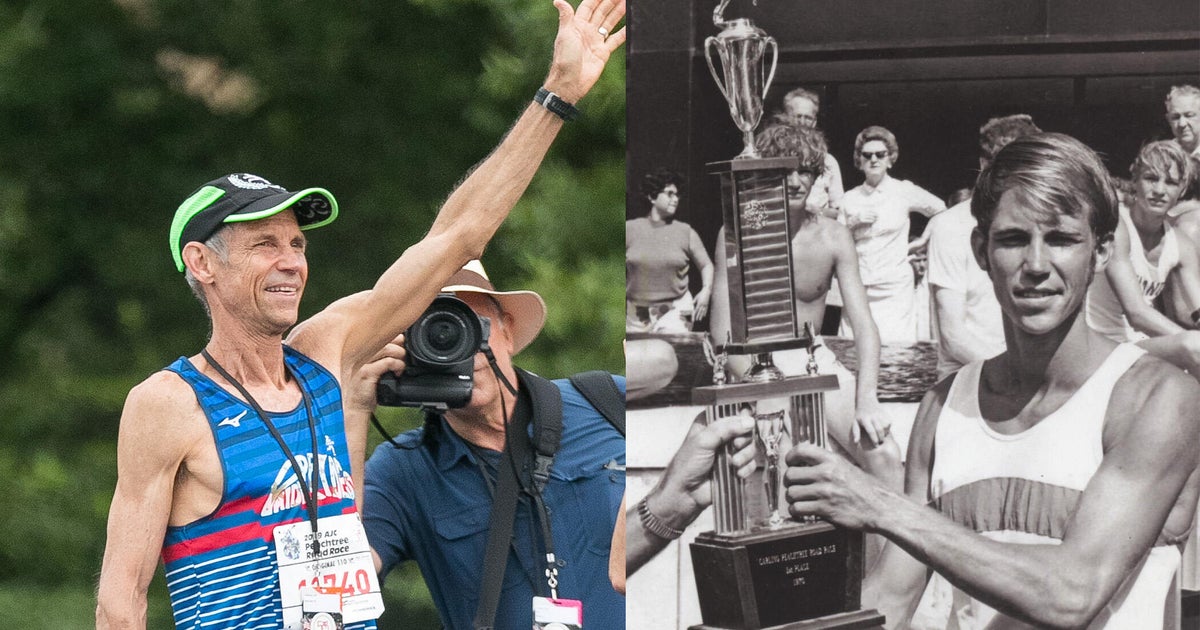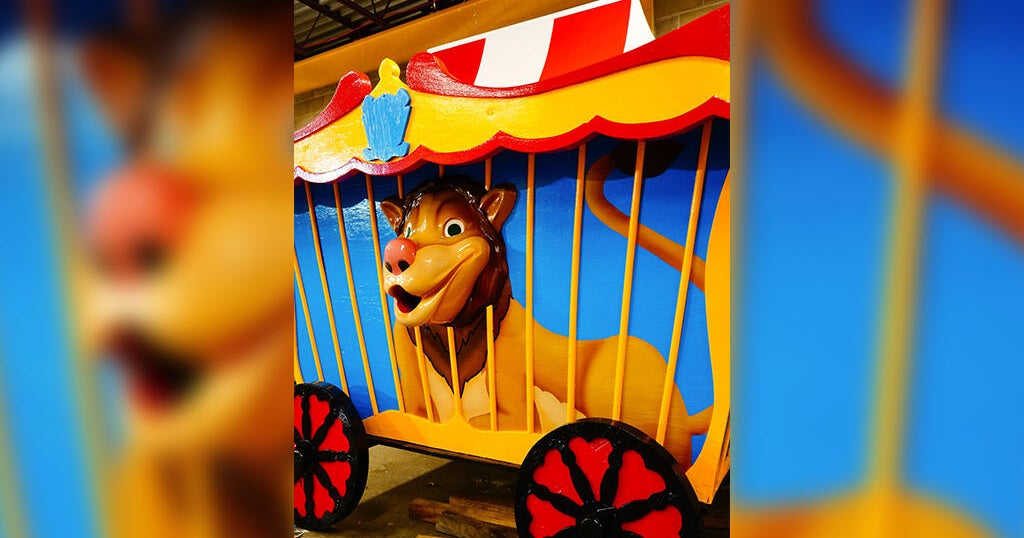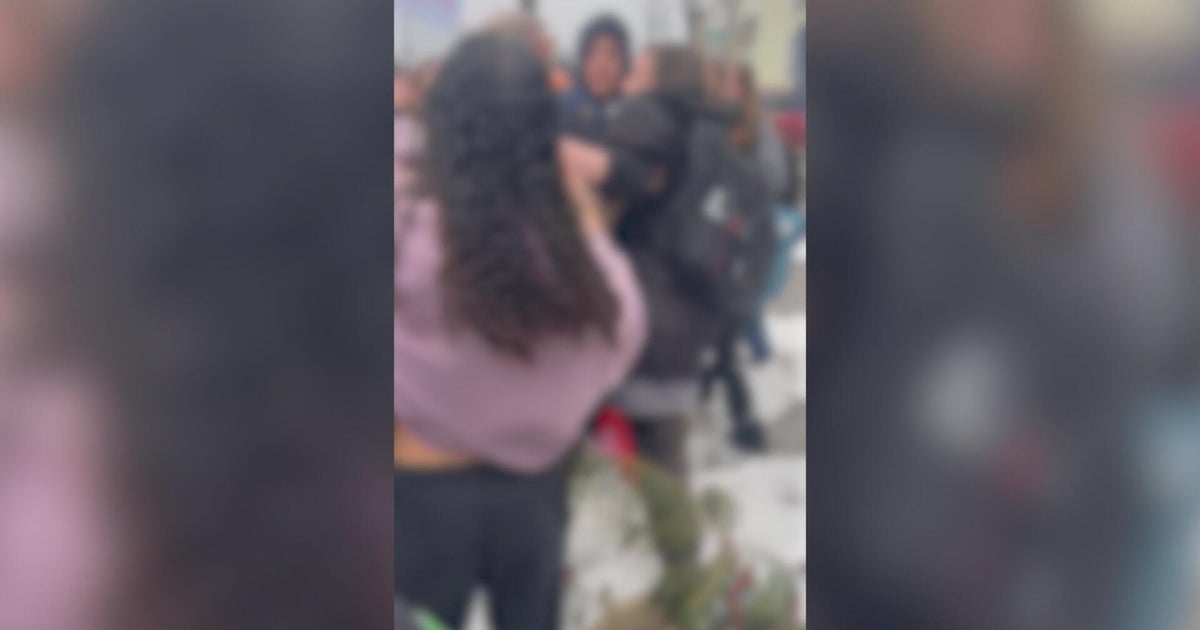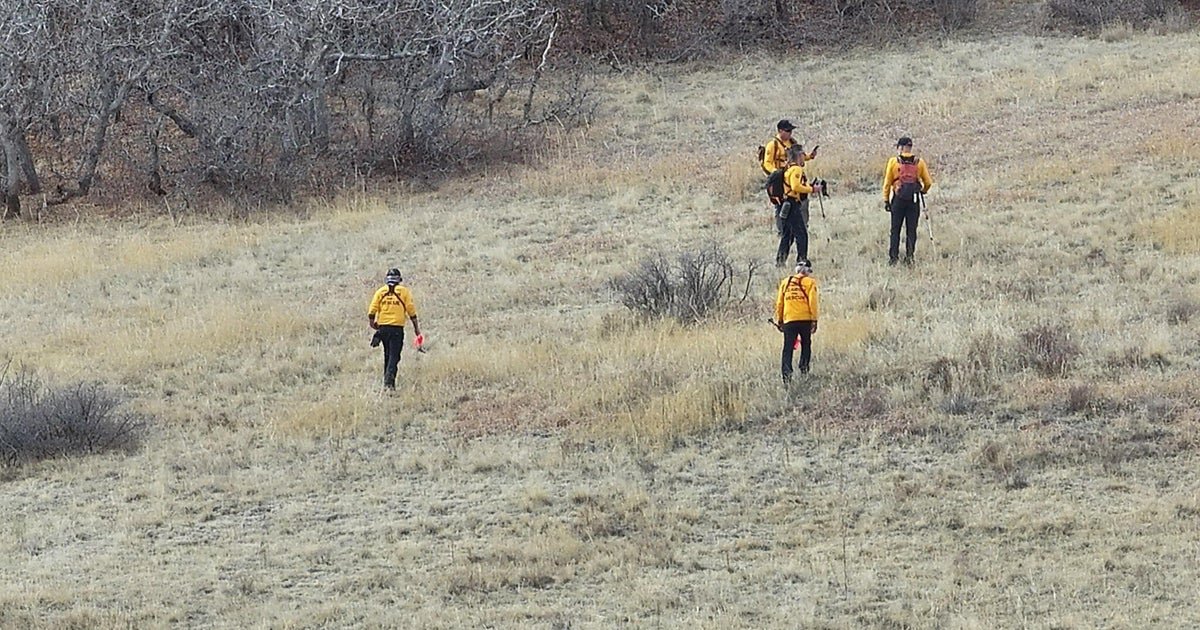New doc highlights John Lennon and Yoko Ono's iconic week on Philadelphia's Mike Douglas Show
A new documentary, "Daytime Revolution," revisits one of the most memorable weeks in the history of The Mike Douglas Show, which was filmed at the old KYW studios in Philadelphia. In 1972, John Lennon and Yoko Ono co-hosted the show for an entire week, using the platform to promote their anti-war agenda.
The film, released this month, chronicles how Lennon and Ono took over the popular daytime show, which was filmed at the studio on 1619 Walnut Street and televised nationally to an audience of 40 million viewers each week, according to Erni Di Massa, a producer of the show at the time. Di Massa said the five episodes Lennon and Ono co-hosted, which aired in February of that year, were the highest-rated week in the show's history.
"We were the number one show for 22 years in daytime," Di Massa said. "There are 5,000 Mike Douglas shows, and the gem in the entire collection is the week that John and Yoko co-hosted."
"Daytime Revolution" explores how Lennon and Ono, rather than focusing on music, used the platform to discuss an anti-war agenda. A clip from the film's trailer shows Douglas asking Lennon, "What would you like to talk about this week, John?" to which Lennon replies, "Love, peace, communication...drugs."
The documentary also examines the significance of airing such countercultural discussions during an election year. Di Massa said at the time, it was groundbreaking content to be televised during the afternoon, which was often an audience of housewives.
"It was a time in 1972 when we could listen to the other side," Di Massa said. "It wasn't red or blue — it wasn't left or right."
To create the documentary, filmmakers restored the original two-inch quad tapes from the show and enhanced its quality for modern screenings.
"We…brought it back to life and actually made it look better than it did when it aired originally," Di Massa said.
Diane Feinberg, a Philadelphia native who began working on The Mike Douglas Show in 1972, said she was proud to work on a show that challenged daytime TV norms and helped put Philadelphia on the map.
"I just felt like they were trying to make their audience aware of the happenings in the world without beating people over the head with it," Feinberg said. "It just put Philadelphia in a really good light."
A DVD of the documentary is now available for pre-order on the film's website.







